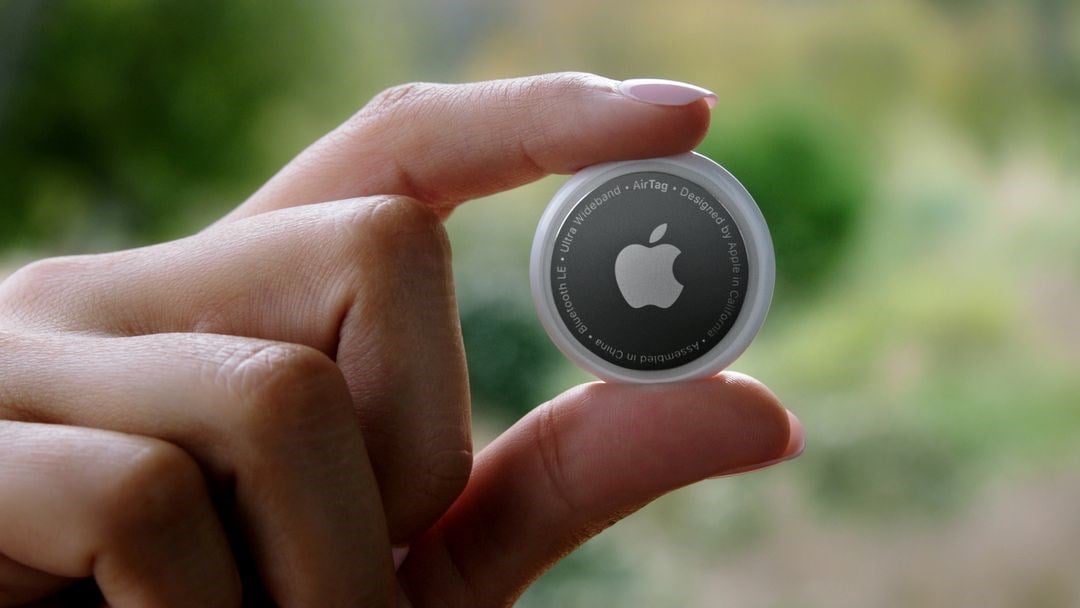Apple's AirTag used for criminal activities, victims file complaints
Airtags are being used to track people's whereabouts, sometimes for criminal activities, leading Apple to work with law enforcers in harassment cases.
-

Apple unveils AirTag in this still image from the keynote video of a special event at Apple Park in Cupertino, California, US on April 20, 2021 (Apple Inc./Handout via Reuters)
Apple’s AirTag digital tracking sensor was created for those who tend to lose their belongings. It is placed on the item one wishes to track to avoid losing it, enabling them to track it on their iPhone through the Find My app to know its exact location. Apple now finds itself the subject of lawsuits from people who have been harassed using the brand’s tracking product.
Read more: Apple warns of flaw that invites hackers into iPhones, iPads, Macs
The coin-sized gadget can be attached to the wallet, backpack, or any other object one needs to know its whereabouts. When it is linked to a smartphone app, people can track the geographic location of their belongings.
However, some have been using the $29 product to trail people carrying those objects, without their consent or knowledge.
What was originally a solution to locate lost items turned into a predicament real quickly when multiple people reached out to Apple in anger after being harassed by those using AirTags.
"I felt violated. I retreated. I stopped going out," said singer Alison Carney in June 2022 after finding out her ex-boyfriend had been tracking her using the AirTag.
The singer discovered an AirTag in her bag, which helped her make sense of several situations where her ex would show up at places she was in.
Other instances took place where people fell victim to criminal activities by perpetrators using the tracking device. Last summer, a suspicious girlfriend tracked her boyfriend and ended up killing him, according to court documents.
Several other incidents are being investigated and most of them include two parties, the victim and the stalker, who know each other.
Read more: Apple takes a bite out of user privacy
Spouses, partners, and even exes are using them to track one another. Some are tracking their children. Others are even tracking famous people.
Evidently, not all victims are speaking up for fear of retribution. Others who went to court called Apple out for its "insufficient warning system."
Apple devices are constantly scanning for unknown devices or accessories nearby. As for Andriod devices, users would need to download a specific app in order to specifically look for an accessory, AirTags included. This was called an unpractical approach since Andriod users should not have to spend their time constantly checking that they're not being tracked.
Apple became aware that individuals can become victims of unwanted tracking, stressing that they have been working with safety groups and law enforcement agencies to evaluate the harassment cases and to update the device’s safety warnings to guard against future victims.
As a result, Apple added new privacy warnings during AirTag setups. They also added a display alert with a loud sound that alerts nearby people of its presence.

 3 Min Read
3 Min Read








